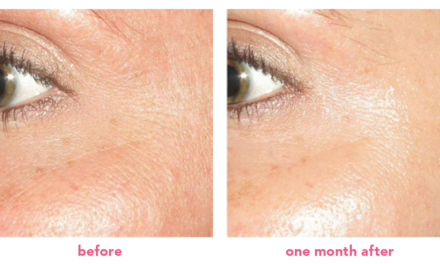School is in full swing, and so is cold, flu, and COVID season. As a pediatrician, it’s my job to help families navigate both.
In the winter, we see lots of kids with respiratory illnesses. So here’s my advice for the next time your child starts sniffling and coughing.
When should I see the doctor?
If your child is at high risk for serious illness or has a severe symptom, like trouble breathing or difficulty waking up, seek care immediately. In general, see me for a fever, symptoms that last over a week, or symptoms that get worse after improving. Your child might have a bacterial infection like an ear infection or strep throat, and I can prescribe an antibiotic that can help quickly. We accept walk-ins, or you can call for an appointment, and we’ll see your child the same day. When your child has a virus, antibiotics will not help. Luckily, healthy kids usually beat viruses quickly on their own with treatment at home.
What does at-home treatment involve?
Encourage your child to drink small amounts of water every 15 minutes or so. In addition, over-the-counter cold medications for children older than five can help with discomfort.
The most important thing I tell parents is this:
- Give plenty of TLC and fluids.
- Encourage them to eat as tolerated.
- Let your child rest.
A few lazy days aren’t bad if their body is working on getting well!
Should my child miss school?
If the pandemic taught us anything, it’s to do our part not to spread illness. A fever, diarrhea, vomiting, excessive cough, or positive flu, strep, or COVID test signal your child is contagious and should stay home.
Also, try to keep your child home if they’re really not feeling well. They may be too lethargic or miserable to focus at school all day!
Ask us for a doctor’s note if your child is missing school so the absence is excused, and they can catch up on missed tests or assignments.
Any way I can prevent all of this?
Nothing is 100 percent effective, but there are easy things you can do to prevent illness.
If your child is eligible, get their vaccines for flu and COVID. Vaccines are safe and effective, especially in preventing severe illness, complications, and hospitalization.
The rest is common sense:
- Provide a healthy, balanced diet.
- Promote regular physical activity.
- Encourage handwashing.
- Make sure they get enough sleep.
I also urge caregivers to attend all of their child’s well-child visits so I can help identify problems early and manage any chronic conditions. And, when you see me for an illness, it will be less scary for your child because I’ll be a familiar face!
By Yemisi Emereuwaonu, MD, FAAP
Yemisi Emereuwaonu, MD, FAAP – “Dr. Yemi” to her patients – is a pediatrician at Regional One Health’s Hollywood Primary Care. For an appointment, call 901.515.5500.







